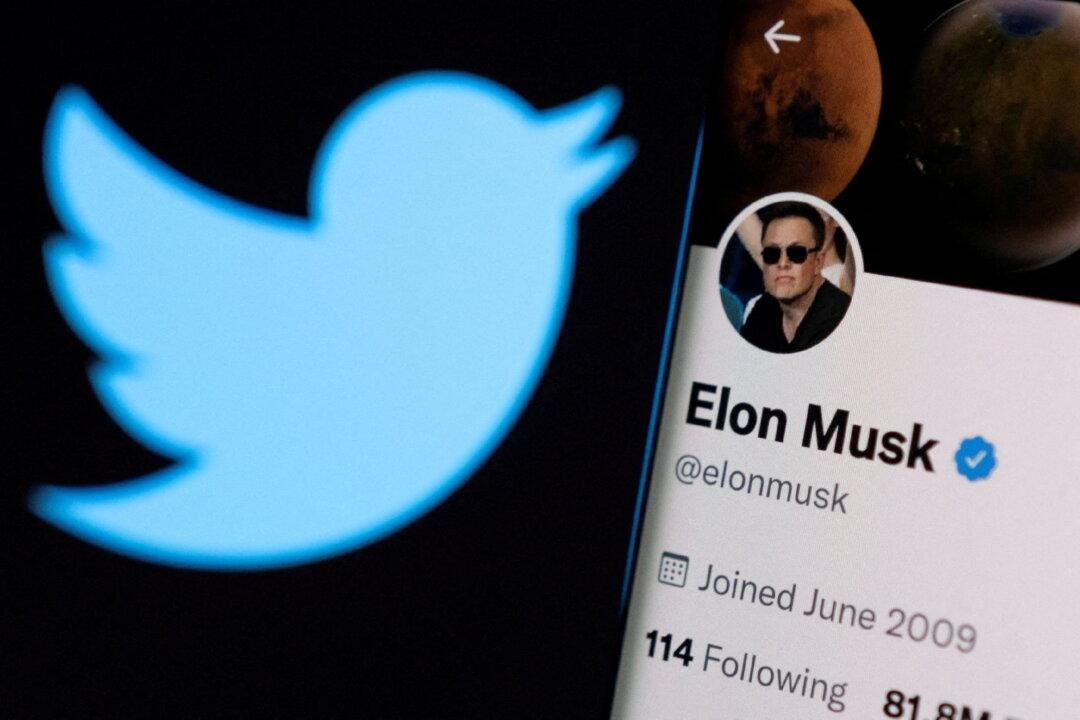Several new developments have been revealed after Twitter accepted Elon Musk’s $44 billion takeover proposal on April 25.
According to a Securities and Exchange Commission (SEC) filing that shows the deal agreement, Musk agreed to pay a $1 billion termination fee if he abandons the acquisition.






